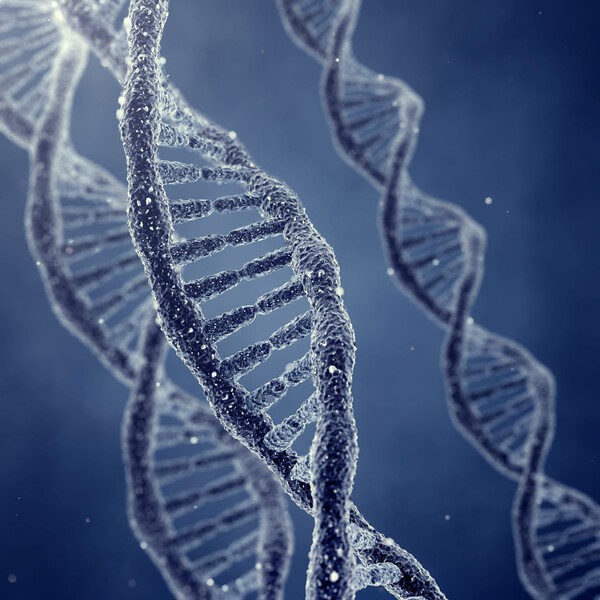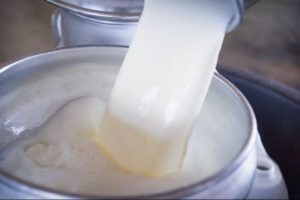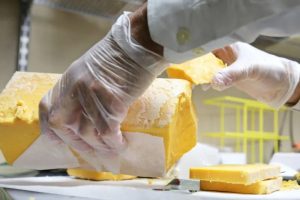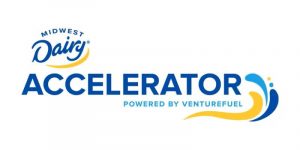
“When we’re talking about improving genetics at a herd level, it’s about disseminating superior genetics through artificial insemination,” Dechow noted during an AgriTalk segment with Host Chip Flory. “That gives us a better chance to get a good bull from our best cow.”
He said that if the industry could put together all the best parts of the genome, significant production increases could be made.
“We’re not even halfway there yet, in terms of we could have a cow that could produce, you know, 300 gallons of milk per day for an entire year, in theory,” he said.
During the discussion, Flory asked Dechow about the depth of the gene pool in dairy and whether it’s deep enough in all breeds.
Dechow told Flory that’s an area of vulnerability in the dairy industry that concerns him. While the industry is making significant genetic progress overall, it has a fairly high rate of inbreeding.
“So while some traits are being improved upon, there is less genetic diversity available which could weaken a breed in the long term,” he said.
Herd health, animal longevity and reproductive traits are just a handful of factors that could be impacted.
Crossbreeding is just one of the practices that could play a role in creating and retaining genetic diversity, Dechow said.
Listen to Dechow’s complete conversation with Flory here:
























